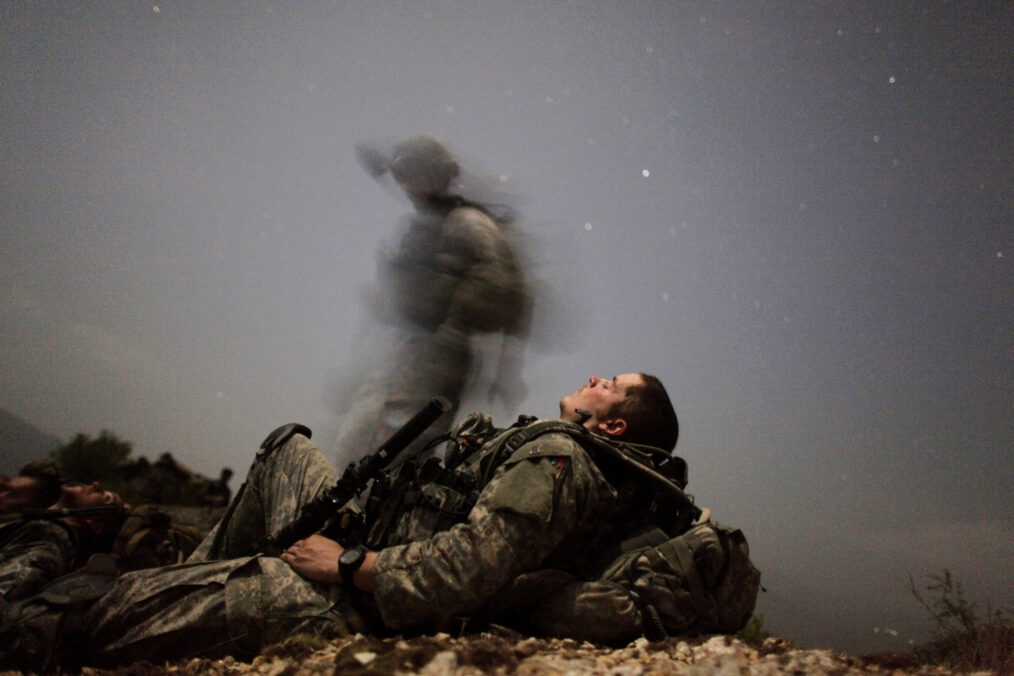In December 2001, the city of Bonn, Germany hosted a conference on Afghanistan after the joint operation by the United States military and the Northern Alliance toppled the Taliban regime. The conference ushered in a new era for Afghanistan in which a democratic government was established that ensured elections, women and human rights, and civil and political liberties.
War was thought to be over and the reconstruction process funded by massive amounts of international aid that had poured into the country began. Nineteen years later, Doha is hosting another conference on peace for Afghanistan. Why does Afghanistan continue to find itself at war?
After the collapse of the Taliban regime, Afghanistan experienced a couple of peaceful years with no war and political turmoil. As the US redirected its military and political focus on the Iraq war, the Taliban based in their safe haven of Peshawar, Pakistan, used the opportunity to regroup and reemerge. The first question that comes to mind is how did they manage to grow as strong as they are now in the face of coalition forces and the fairly well-equipped Afghan national army?
The first response would be the fact that they have safe havens in neighboring Pakistan. Originally, they were supported by the Pakistani government and used as a proxy army to ensure Pakistan’s benefits in Afghanistan. After their collapse, and especially because Pakistan’s role was completely ignored at the Bonn conference, they still seemed to be of use for fulfilling Pakistan’s strategic goals.
This means that they had both safe havens and the support and encouragement from Pakistan which enabled them to retreat any time they were under attack, get medical services, re-equip and re-launch their attacks wherever possible. The question why the US and the world have not held Pakistan accountable and for supporting many other terrorist groups is yet to be answered.
The second response is ethnic supremacism. New research by Civil Society of Afghanistan indicates that ethnic supremacism is one of the main roots of war in the country. This is in line with the stances of the Afghan presidents since 2001. Hamid Karzai, the former president of Afghanistan, in an interview with BBC denies calling the Taliban a terrorist group. In another interview, he even says that the Taliban have every right to control some parts of the country since they are also Afghans.
Likewise in 2015, current president, Ashraf Ghani, objected that it was unjust that 98% of the prisoners in Bagram prison were speakers of the same language while he knew that those prisoners were convicted of terrorist actions. Both presidents have repeatedly called Taliban brothers instead of terrorists or enemies of Afghanistan.
The former first vice president, Younus Qanuni, in his recent interview said that President Karzai dealt with the Taliban, after their reemergence, under the influence of ethnic emotions. That was one of the reasons why the Afghan government never drafted a clear strategy for fighting terrorism and allowed the Taliban to grow into the deadly group they are today.
In general, one can assume that a decisive determination to fight the Taliban into their collapse did not happen for different reasons. Perhaps, military use was not an ideal solution.
Now that peace talks between the Taliban and the Afghan government are in progress in Doha, brutal attacks in Kabul saps optimism about achieving peace and security. Recently, terrorist gunmen attacked Kabul University and killed more than 22 students, injuring at least 22 others. Although ISIL claimed responsibility for the attack, the first VP of Afghanistan, Amrullah Saleh, declared that they had found evidence indicating that the attack was performed by the Taliban.
A couple of days before that, terrorists stormed a cultural center in Kabul and killed 41 people while injuring 84 others. Again, ISIL claimed responsibility for the attack. The main question that comes to mind, thus, is if ISIL or any other terrorist groups are capable of perpetrating such deadly attack in the capital city of Afghanistan, to what degree people can be hopeful that a peace deal with Taliban will actually bring peace to their country?



